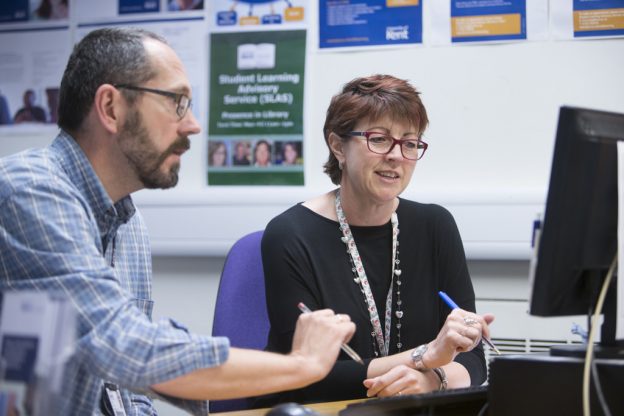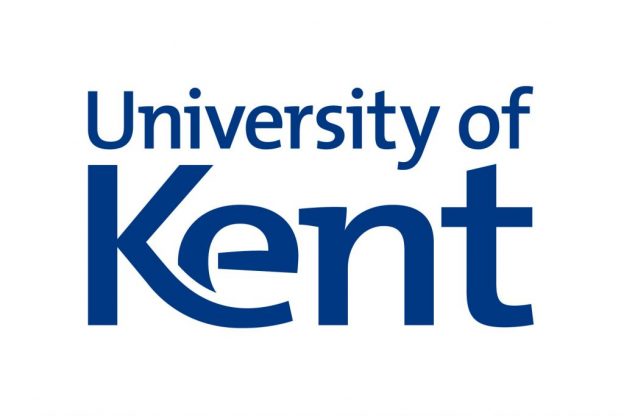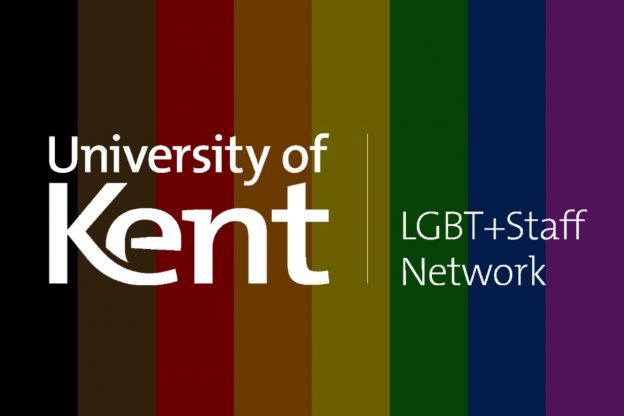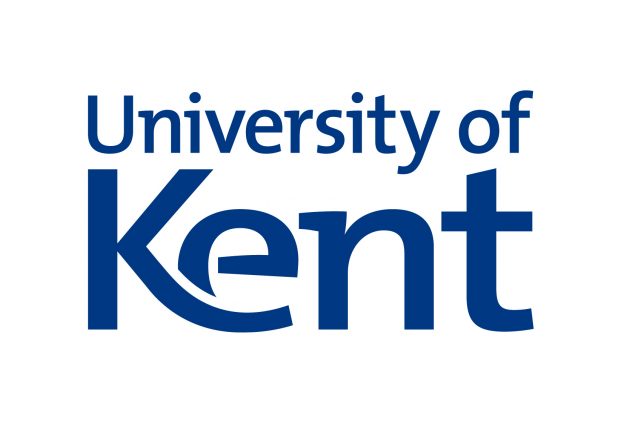All staff are invited to an online discussion of ‘Understanding and Interrupting Institutional Racism: A Collaborative Dialogue to Communicate Strategies to Advance the Agenda at the University of Kent’, on Tuesday 7 July, from 16.00-17.15.
This collaborative dialogue will give staff an opportunity to share their experiences and perspectives on institutional racism with senior members of the University’s academic leadership team.
We want these discussions to disrupt structural factors that produce white privilege and systemic disadvantage, and to advance an agenda of racial equality. We invite all staff to reflect on their identities and social positions, taking an “intersectional” approach. This approach recognises that several aspects of (in)equality combine to shape experiences and perspectives. It therefore helps to explain why a Black woman, for example, may experience racism very differently than her Black brother, father or male partner.
The meeting is intended:
-To give participants an opportunity to share perspectives and experiences of institutional racism at work, including any recommendations for change, with the University’s senior academic leadership team.
-To give members of the University’s senior academic leadership team:
- access to and information about staff experiences of institutional [or structural] racism at work
- opportunities to answer [and to ask] questions about staff experiences of institutional [or structural] racism at work
- a space in which to affirm commitments to addressing staff concerns about institutional [or structural] racism at the University.
The panel will include: Professor Karen Cox (Vice-Chancellor and President); Professor Christina Hughes (Interim Director of Student Services); Professor Richard Reece (Deputy Vice Chancellor – Education and Student Experience); Professor Georgina Randsley de Moura (Deputy Vice-Chancellor – Academic Strategy, Planning and Performance); Derek Baldwin (Branch Secretary, UNISON); and Sian Lewis-Anthony (President, University of Kent UCU Branch).
Discussion will focus on: the staff profile of the institution; decision-making boards and committees; equal pay; staff recruitment; progression and development; health and wellbeing support; sense of belonging; racial harassment; and racial discrimination.
We hope this event will be the first of many. There’s no need to sign-up – you can join live on Tuesday 7 July from 16.00 by clicking this link: https://bit.ly/2ZfYRJb
We look forward to seeing you (virtually) there!
Dave Thomas
Co-Chair University of Kent BAME Staff Network and Equalities Officer (UNISON)








